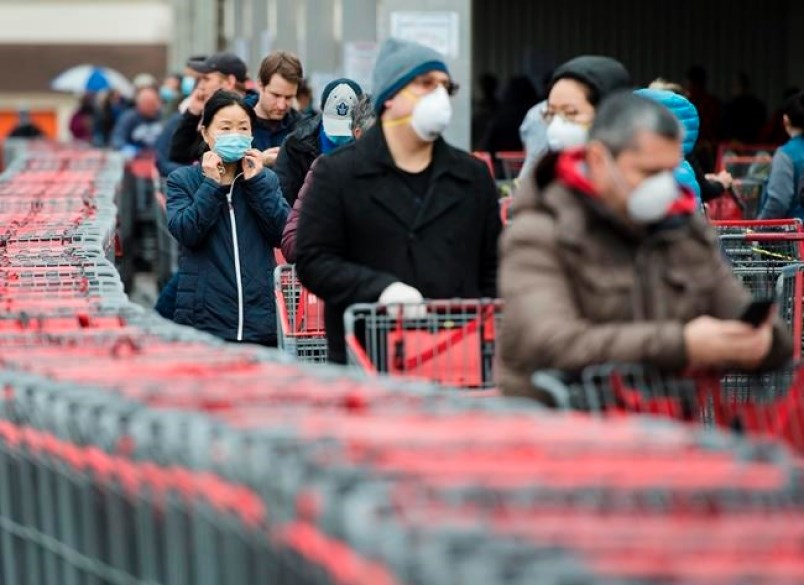Lockdowns in Manitoba and increased social distancing restrictions in other western provinces are expected to cool an apparent rally in consumer spending, and a new national study by Credit Canada shows the holiday season may also chill retailers.
According to an October survey of retailers by Colliers Canada, retailers had seen a 20 per cent increase in consumer spending from May to September, but overall spending was still down 49 per cent compared to the same time in 2019, while costs had increased 25 per cent due to COVID-19 requirements.
Statistics Canada reported that monthly retail sales had reached a two-year high of $53 billion in August and had dipped only slightly in September.
“ Despite these operating cost increases, retail sales are showing signs of recovery after reopening, with consumers starting to make some of the discretionary purchases they held off on between March and May,” Colliers concluded.
Then came the second wave of the coronavirus.
The Credit Canada survey, done by Angus Reid in November, found that nearly one in four Canadians (24 per cent) said they will have to forego holiday celebrations and spending because they had been hard hit by the pandemic.
The survey also discovered that 21 per cent are not confident they will have a steady income over the next six months and 44 per cent are not confident they will be able to build savings over the next 12 months.
In both scenarios, women are much less confident than men, with 22 per cent of women uncertain they’ll have a steady income (versus 16 per cent of men) and almost half (48 per cent) of females are not confident they will build savings (versus 40 per cent of men).
“The Grinch will make an appearance this holiday season,” said Keith Emery, Co-CEO of Credit Canada, a non-profit credit counselling agency.
Emery added that the survey revealed some “shocking” responses when consumers were asked about how they planned to handle high debt and lower-income expectations.
The survey found that 21 per cent of consumers expect the personal debts to be forgiven. An additional one-in-10 said they would not go back to work and instead rely on government supports.
“Some Canadians are waiting for a miracle, or for the government to swoop in and magically resolve their debts for them,” said Emery. “But we must realize that this is our new reality, and must ask ourselves, how to best move forward from here.”
The latest Collier study found that 10 per cent of retailers, most of them independent retailers, plan on shutting down permanently if the pandemic continues.



